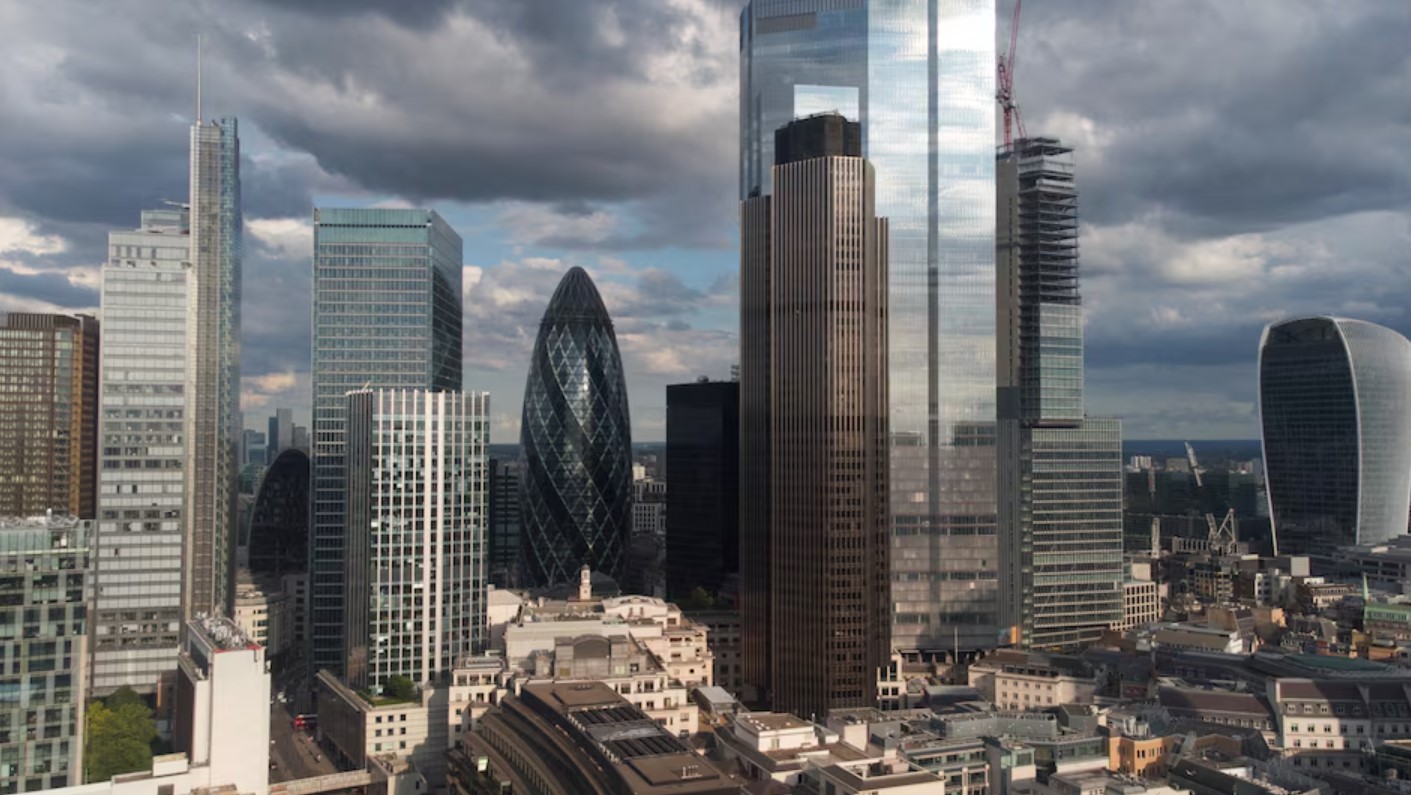British inflation unexpectedly held steady in September, raising the prospect of a Bank of England interest rate cut this year and offering some relief to finance minister Rachel Reeves ahead of her budget in November.
Annual consumer price inflation remained at 3.8 per cent for the third month running, its joint highest since the start of 2024, the Office for National Statistics said on Wednesday.
Price growth in Britain remains the fastest among the world’s rich advanced economies but the Bank of England and most economists polled by Reuters had expected a further rise to 4.0 per cent.
Inflation in the services sector – closely watched by the BoE as a gauge of underlying price pressures in the economy – stayed at 4.7 per cent, also below the Reuters poll forecast of a rise to 4.9 per cent.
‘THIS IS THE PEAK’, ECONOMIST SAYS
Sterling slid by more than half a cent against the US dollar and investors moved to price a 75 per cent chance of the BoE cutting rates at its December meeting, up sharply from a 46 per cent probability before the inflation data was published.
“On balance the UK’s inflation problem looks slightly less bad now than it did a few weeks ago,” Luke Bartholomew, deputy chief economist at investment firm Aberdeen said.
Ellie Henderson, an economist at bank Investec, said the year-long climb in British inflation appeared to be over.
“A 3.8 per cent headline inflation rate is still uncomfortable for the Bank of England – it is nearly double its 2 per cent inflation target. However we are of the view that this is the peak,” Henderson said.
As well as complicating the BoE’s attempts to support a weakening economy with lower borrowing costs, Britain’s high inflation has added to the government’s huge debt costs at a time when other demands on public spending are rising.
BUDGET COULD TACKLE COST OF LIVING
Reeves is likely to increase taxes in her budget on November 26 in order to show jittery investors that she remains on course to meet her fiscal targets, and analysts have warned that some options could push up inflation next year.
Shortly after Wednesday’s data was published, Reeves said she was not satisfied and suggested she was preparing measures in her budget to help bring down the cost of living.
“For too long, our economy has felt stuck, with people feeling like they are putting in more and getting less out,” Reeves said in a statement.
“That needs to change. All of us in government are responsible for supporting the Bank of England in bringing inflation down. I am determined to ensure we support people struggling with higher bills and the cost of living challenges.”
The International Monetary Fund said last week that Britain’s inflation rate would be the highest among the Group of Seven economies in 2025 and 2026.
The BoE has previously said it expects British consumer price inflation to gradually weaken from now on but only hit its 2 per cent target in the April-to-June period of 2027.
Wednesday’s data showed transport pushed up the headline inflation rate while recreation and culture and food and non-alcoholic beverages made the largest downward contributions.
Britain’s labour market is losing steam but BoE policymakers have been split on how much inflation heat remains in the economy, with inflation expectations among the public rising in recent months.
The BoE says those expectations are sensitive to rises in food prices. The ONS data showed that in the 12 months to September food prices increased by 4.3 per cent, slower than August’s 4.8 per cent climb.
Separate figures from the ONS showed factory gate prices rose by 3.4 per cent in the 12 months to September, speeding up from 3.1 per cent in August.






Click here to change your cookie preferences